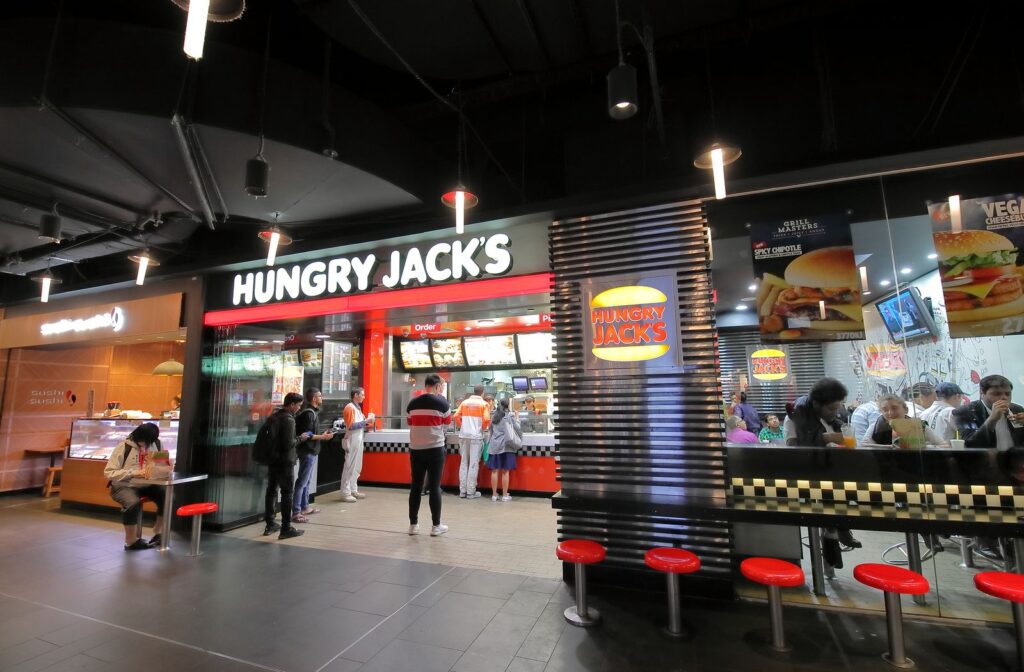
Fast-food legend Jack Cowin has questioned the proposed franchising reforms set to impact the sector, revealing the updates have already cost franchisors millions.
In an interview with The Sydney Morning Herald and The Age last week, the Hungry Jacks founder and Domino’s major shareholder raised concerns over the direction in which the sector was heading.
“We are crossing the bridge here into territory that I’m not quite sure where it’s lined up,” he told SMH’s Cara Waters.
“This is new ground that Australia is venturing into. We will just see where it goes. The real purpose behind what the government is trying to do is have a more level playing field and protect the franchisees from abuse and that is not unreasonable.”
Despite agreeing with the government’s stance, Cowin went on to suggest that non-compliance in an individual unit was the responsibility of the operator.
He suggested that franchising reforms brought with them additional burdens. Regardless, Cowin revealed like many others, he was eagerly awaiting the outcome of the government’s franchising taskforce.
Franchising taskforce
Announced in April, the taskforce will provide advice to Small Business Minister Michaelia Cash and Federal Treasurer Josh Frydenberg in response to the parliamentary joint committee’s Fairness in Franchising report.
The formation of the taskforce was one of the primary recommendations handed down in the report, after a string of wage-theft and compliance issues were identified at leading franchise chains.
While many, including peak sector body, the Franchise Council of Australia welcomed the addition, Cowin suggested its implementation could have dire fiscal effects.
In the case of Domino’s, the shareholder said the cost of monitoring franchisees was growing daily.
He cited the roll-out of compliance programs, auditing and employee help lines as an added financial burden that could impact business bottom lines.
It’s not the only franchising reform that has raised some contention among franchisors.
Franchisor reforms
On Friday, the Australian Competition and Consumer Commission (ACCC) announced it was seeking feedback from the small business sector on a collective bargaining proposal floated last year.
The plan would allow small businesses to collectively negotiate with their suppliers and processors. Franchisees and fuel retailers would also be able to collectively negotiate with their franchisor or fuel wholesaler, without first having to seek ACCC approval.
The move would place bargaining power back into the hand of the franchisees, however, ACCC deputy chair Mick Keogh revealed that the proposal was not without its opposition.
“Some franchisors have flagged competition law concerns as a reason not to negotiate with their franchisees as a group,” Keogh said.
“This exemption would remove any legal doubt, and would ensure that all franchisees who have contracts with the same franchisor or fuel supplier could form a single collective bargaining group, with no franchisees excluded.”
While the proposal is still in its early stages, its implementation would follow a series of new initiatives for the small business and franchise sectors.
The Coalition re-election has sparked a resurgence in small business confidence, buoyed by an increase in the instant asset write-off scheme and commitment to maintain penalty rate reductions.

